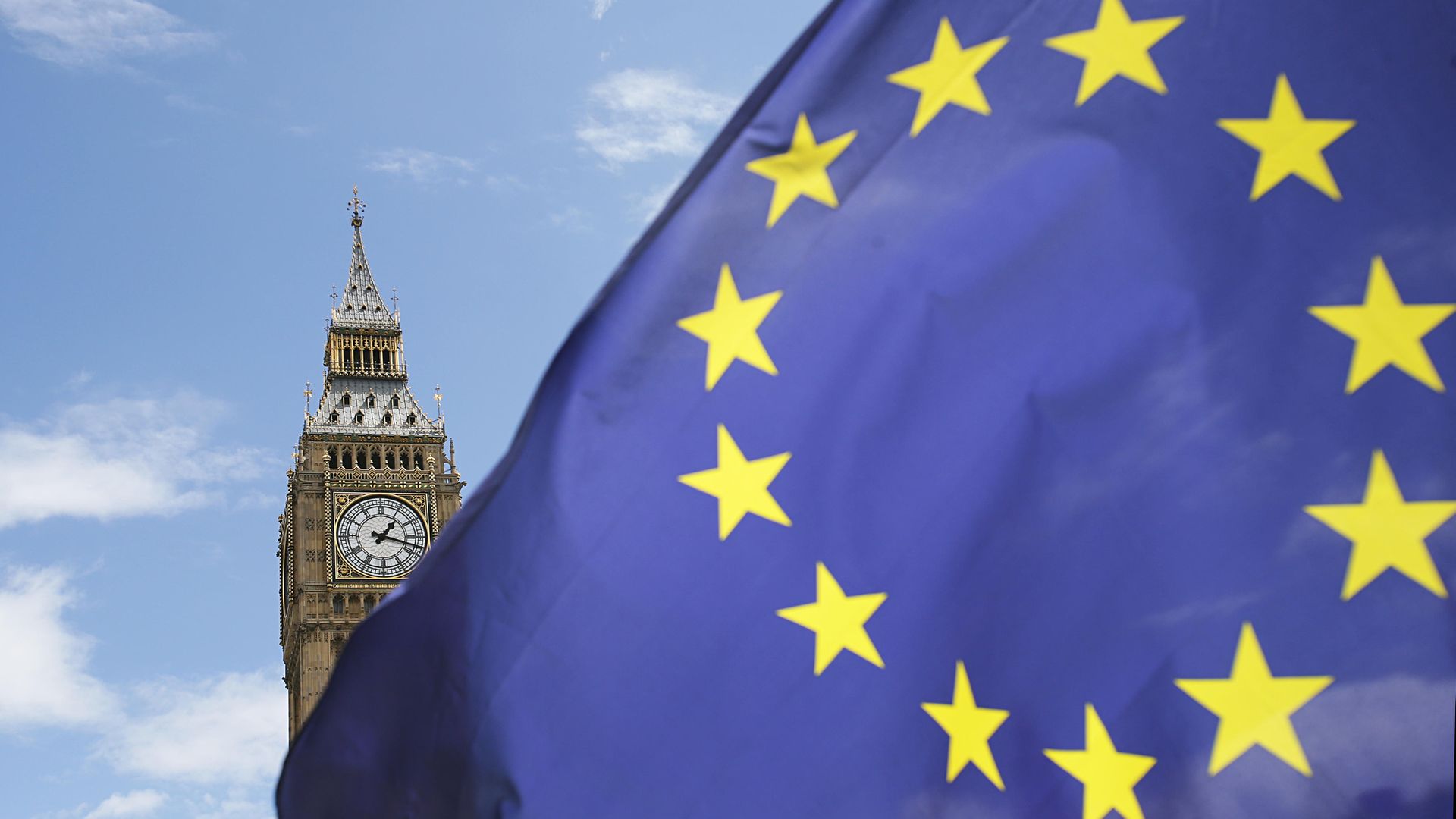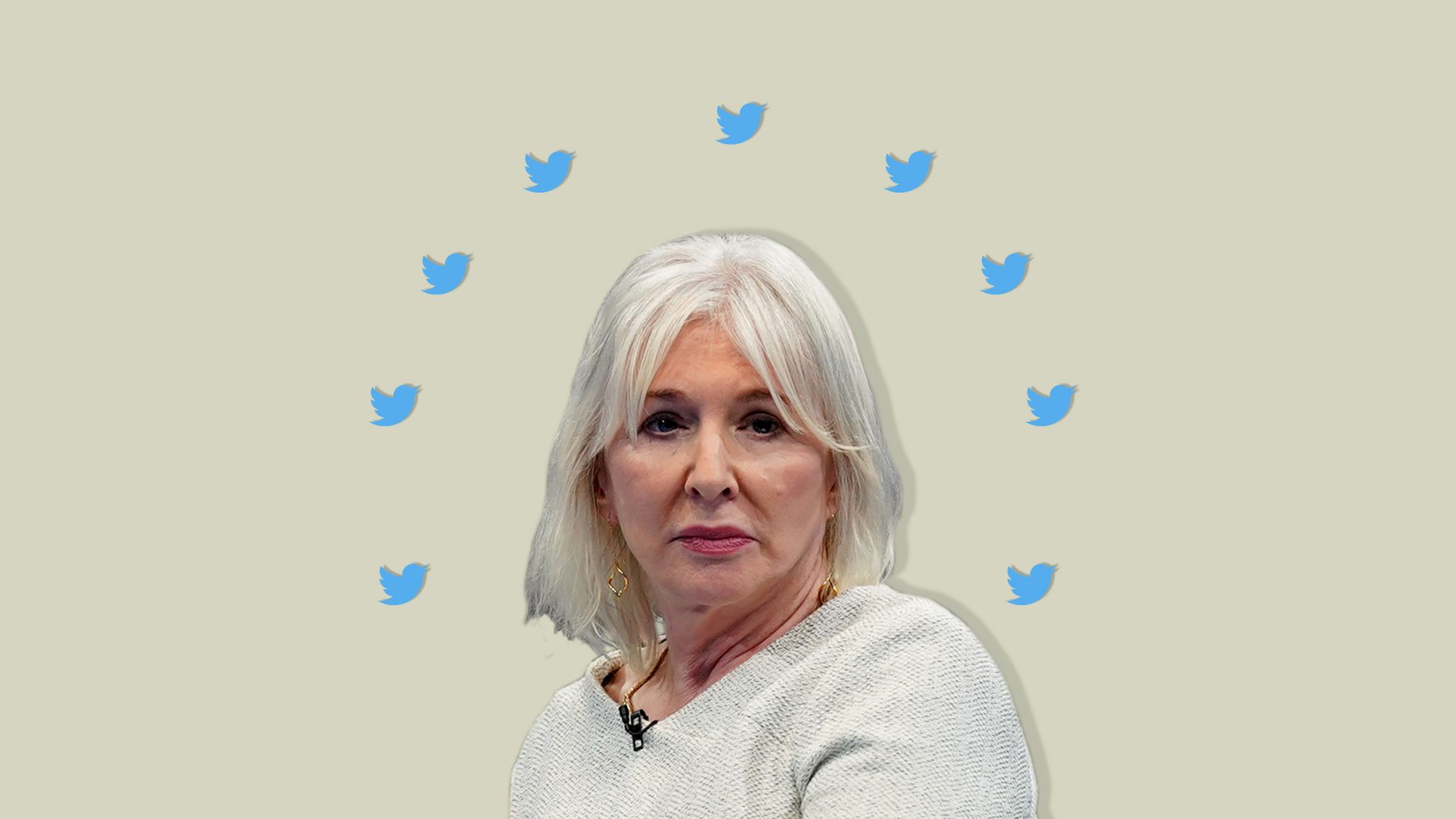Barely a week passes without a TNE article or a reader’s letter speaking of the possibility of the UK “rejoining” the European Union, or of reversing Brexit. Is this really a realistic scenario? Why would the European Union want the UK back “in the fold”?
Whether the option is full membership or a Norway-style associate membership that means paying in and adhering to the rules while having no say in decision-making, why do they think the other European nation states would be interested in welcoming back a country that:
Once had a platinum membership with more special privileges than any other member and then threw it away; Sent MEPs to Brussels who were openly hostile to the EU and whose rudeness and bad behaviour were despicable;
Sent an incompetent team of “negotiators” to discuss the terms of its withdrawal from the single market and the customs union; and Having negotiated a special arrangement for trade between Northern Ireland and the Republic of Ireland, threatened to break that agreement signed by both sides.
Many people in England (and in particular the Conservative Party and the ERG) have never felt European or wanted to be part of Europe. They constantly snubbed their European neighbours, took the huge benefits of EU membership for granted and were not supportive of the solidarity required for Europe to stand strong in an unstable world.
Those of us who read the New European know that Brexit is a disaster, but it may be a very long time before the Europeans are willing to take another chance on having the UK inside rather than out. Europe might well have achieved far more in the past 50 years without the UK constantly carping, criticising and applying the brakes on European cohesion.
Janet Berridge
Berlin, Germany
Returning on a visit to the UK from Germany, and wandering into a couple of well-known bookshops, it struck me just how few foreign dictionaries were on display. You can only conclude that the bookshops are simply following the laws of supply and demand.
There is of course nothing new about the difficulties the British have with languages. It’s striking that in Britain you never hear foreign languages spoken unless it is foreigners speaking to one another. An EU survey from 2016 found the UK had the least proficiency in a second language out of all EU/EEA countries.
I can’t help but feel that Brexit is exacerbating this deficiency. Not only is it stifling trade and business with the EU, we have a government that is doing its damndest to erect barriers to the movement of people to and from the EU. This is bound to reduce exposure to European languages, and therefore the need to speak any.
I find this a sad reflection of where the UK is. In many ways, the cultural deficit from Brexit is worse than its economic failings. More and more the British are retreating into an English-speaking bubble. The next government must reverse this trend by re-establishing links with Europe.
Alex Wilson
Hamburg, Germany
Jaw-jaw
Nigel Warburton (Everyday Philosophy, TNE #309) raises the question of whether we should talk to Vladimir Putin. We should never stop talking, but unfortunately there are those who mistake a willingness to keep channels of communication open for weakness. The war in Ukraine will only be over when Russia has been banished from all the territory it invaded.
Trevor Jarman
Via Facebook
“There never was a good war or a bad peace” – Benjamin Franklin.
Lucy Arnold
Via Facebook
Right turns
Re: Paul Mason’s “We can only defeat the far right if the left links arms with the centre” (TNE #309) and the idea that the left can “win back” voters from people like Jimmie Åkesson and Giorgia Meloni. If people are capable of voting far right, they’ve never been of the left. They’ve just been lending their vote. Now they feel empowered to vote for their true ideology. How do you stop that?
Neil Johnson
Via Facebook
No, Paul Mason, it’s for the centre to link arms with the left. The opposite of what centrists did when Corbyn was Labour leader.
Tom Baker
Via Facebook
Royal value
I was puzzled by Paul Mason’s claim in TNE #308 that rebuilding our relationship with the royals will create a fairer Britain.
King Charles has demonstrated his thoughtful nature since the death of Queen Elizabeth II. His many contacts among world leaders and understanding of the importance of environmental issues years before it became a mainstream concern have real value in trying to create a sustainable future for our children and the planet. Now free to push ahead in modernising the royal family, he represents a stable transition for the nation I could support.
Nevertheless, many people with republican or humanist sentiments would not go along with Paul Mason’s call to embed a monarchic republic with a written constitution. All the pomp beamed around the world over recent weeks reflects how good Britain can be at spectacle, but is an embarrassment for those many people who see a country locked into the past with a poor vision of the multiple challenges ahead, led by a clueless cabinet populated by misfits ideologues and opportunists.
Brian McGavin
Wilmslow, Cheshire
I have lived in France, a country I love and where I worked for the government. This experience taught me the bad bit of republics – they divide the country.
A royal family such as ours, which is willing to forgo for the most part a “private life” and, in Queen Elizabeth II’s case, to serve their country above all else, is something to be treasured. That it unifies different areas of our country has been amply demonstrated in recent days.
I believe an inherited position carries with it the likelihood of stability, constancy. This was surely shown in the outpouring of feeling in Scotland, where our dear half-Scottish monarch died.
The problem is our parliament has forgotten how to use its power and has slowly but surely given it away to a small group of politicians who rule, often by ministerial decree, rather like the Divine Right of kings.
Parliament’s most important job is to control the power of the executive. Unfortunately, our outdated first-past-the-post voting system allows our present situation, where the most powerful person in the country has just been elected by a group of Tory Party members who number not quite as many people as inhabit Slough.
Judith Jensen Morris
Crewkerne, Somerset
Give Keir time
Re: Francis Beckett’s “Starmer’s secret talks to unblock the Brexit fatberg” (TNE #309). The obvious answer to Labour’s nervousness about Brexit is to ask the public a series of questions and act on them:
Do you want us to rejoin Erasmus so your kids can have a proper exchange experience?
Should we rejoin the Horizon Programme so our scientists can be involved in world-beating solutions?
Would you like a faster experience at airports? Would you like to be able to retire in an EU country?
The answer to these single issues will almost always be yes.
Russell Yates
Via Facebook
Unless we are in the single market, what Francis Beckett reports Keir Starmer as doing is merely tinkering at the edges. He is doing what any sensible pro-Brexit government should have been doing, but it is not enough.
David Melvin
Via Facebook
Give the man breathing space to do his work. No one in politics reveals their hand until the policy is completed. It’s simply preposterous to work in any other way.
Gloria McCabe
Via Facebook
Keir Starmer should not, and, I believe, will not, allow issues to be drowned out by the usual ideological battles between left and right.
The NHS is an illustrative example. It is a case where there’s a huge need for change, which could actually be achieved as easily as Francis Beckett’s solutions to the Brexit problem.
It is not generally known that there is a substantial number of very ill people with IPF (PF=pulmonary fibrosis) who cannot receive NHS support because their loss of lung capacity is above 50%, whereas patients with smaller losses receive it. There is no medical/scientific reason for this; it’s entirely an ideological decision designed by a politician to achieve “efficiency benefits” as a result of an NHS “reform” at the outset of the age of austerity. A further effect was the privatisation of the market for GP services, which means we now have costs commensurate with similar countries but medical outcomes that are a lot worse.
The solution is therefore obvious: reverse the “reform”, with the requirement that no NHS workers, including GPs, should be worse off. The small increase in costs of the worse-off patients will be imperceptible in the government deficit.
The UK would then have, like all comparative countries except the US, GPs who are directly responsible for a given list of patients.
Ray Rees
Professor of Economics, University of Munich, Germany
Lest we forget
Jay Elwes writes in “They chose the storm” (TNE #308), that “the idea that the war was a great British triumph has meant that the contribution of other nations to the war effort has been diminished or overlooked entirely”. Indeed, I have yet to find a recognition in British media that Poland had an underground army of some 100,000, had no collaborators and hid thousands of Jews, risking death penalties.
Mr Elwes also reminds us that Boris Johnson compared the EU to the Nazis, so it is timely to remember that in 1998, on her visit to Poland, Queen Elizabeth II congratulated the country for joining the union.
Adam Czerniawski
Monmouth, Wales
With reference to your article about the French resistance – please can people not forget that there WAS a German resistance, although it was ruthlessly suppressed before most people realised there was a danger? Some bravely resisted – trade unionists for example, and members of opposition political parties – but others, ordinary people, did not wake up to the danger quickly enough and by 1934 it was mostly over.
Yet it was never the whole German population behind the fascist dictatorship, although it has mostly been presented like that.
Just in time, the members of my mother’s German family realised they had to keep their mouths shut – and my grandfather nearly got sent to prison for a rant after his son was killed.
Don’t forget the ruthless people who were stalking German streets as well as French ones…
Chris Shepherd
Climate first
Charlie Connelly writes (“Literature’s changing climate”, TNE #307) that a literary novel by Octavia Butler published in 1993 [Parable of the Sower, the story of a parched, fire-ravaged future set in 2024] was arguably the first to tackle the subject of climate change.
Very arguably. Back in the 1960s, JG Ballard wrote The Drowned World and The Drought involving major climate change. Ballard was one of the first science fiction writers to be considered as a producer of “proper literature”, so his omission is a tad surprising.
Simon Ritchie



